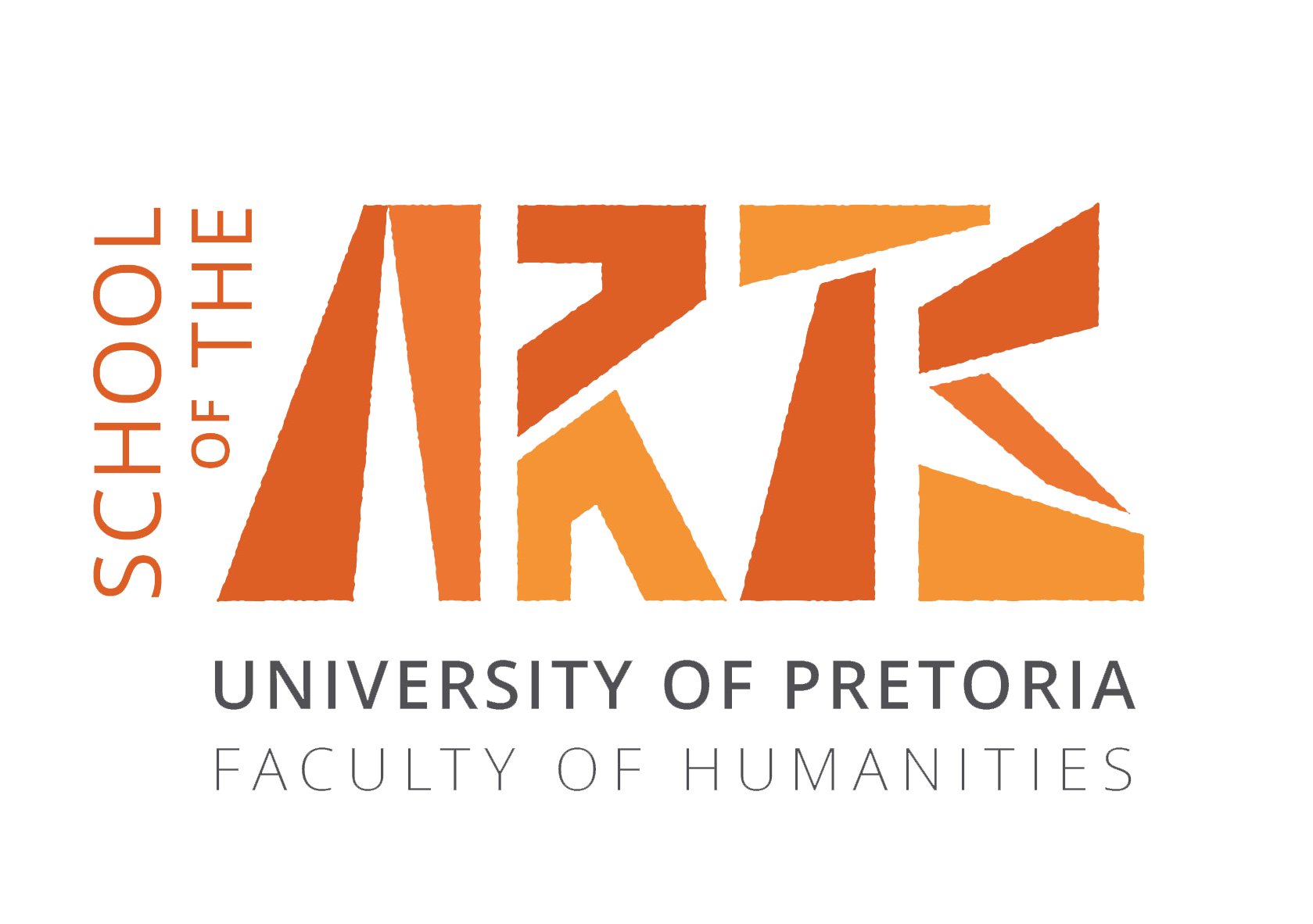Regionalism and a South African architectural identity
DOI:
https://doi.org/10.17159/Abstract
The much discussed issue of identity, addressed virtually worldwide by Postmodernism in the late 1960s and early 1970s, has gained new currency in South Africa as a result of the country's recent political change and process of transformation, which prompted a reassessment of the past and the redefinition of values.' The architectural discipline has not been unaffected by this process, both in theory and in practice. As a result, the pursuit of a distinctly South African architectural identity, conventionally labelled 'regionalist architecture', has surfaced again.' However, the issue of regionalism versus internationalism has occupied architectural debate throughout the twentieth century in one form or another. The following article examines how a South African architecture has been defined at various times, and surveys some of the controversies and issues associated with regionalism in South Africa.



